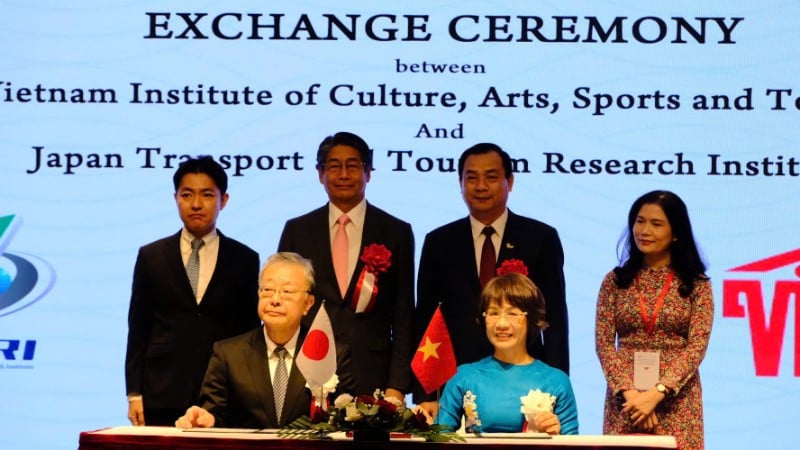
The event marks an important step forward in international cooperation between two prestigious research institutions of Vietnam and Japan, aiming to enhance knowledge exchange, academic connection and sharing practical models to develop the tourism industry in a creative, humane and sustainable direction.
According to the signed content, the two sides will coordinate to organize joint research programs, conduct destination surveys, exchange experts and organize regular international conferences to promote academic, policy and practical cooperation in the field of tourism. The signing is also the basis for the Vietnam Institute of Culture, Arts, Sports and Tourism and the Japan Institute of Transport and Tourism to jointly build pilot models, contributing to the development of creative tourism in Vietnam.
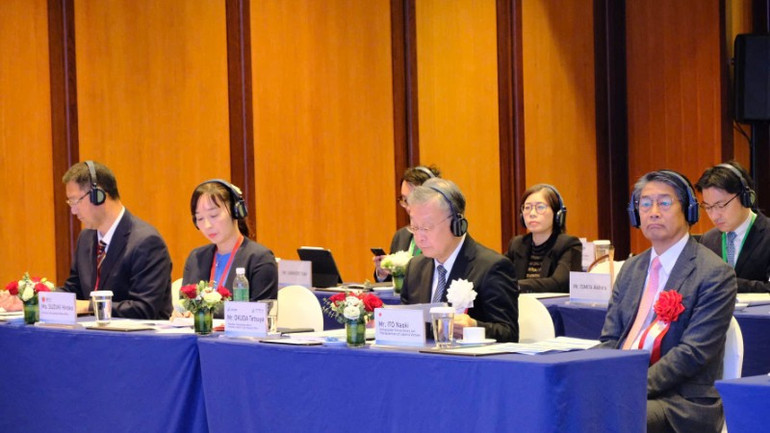
Immediately after the signing ceremony, the two institutes co-chaired the third Vietnam-Japan International Conference with the theme "Creative Tourism - Sustainable Destination Development" with the participation of more than 200 delegates including managers, experts, scholars, businesses and organizations operating in the fields of tourism, culture and creative economy .
The workshop is an important international forum to exchange and share experiences and propose practical solutions to promote the development of Vietnam's tourism in a creative and sustainable direction, linking economic growth, cultural preservation, heritage and environment.
In her opening speech, Associate Professor, Dr. Nguyen Thi Thu Phuong, Director of the Vietnam Institute of Culture, Arts, Sports and Tourism, emphasized: The important scientific cooperation event between the two institutes is a continuation of the success of the two previous conferences (2023, 2024), affirming the friendship and close cooperation between the two countries in the fields of culture and tourism.
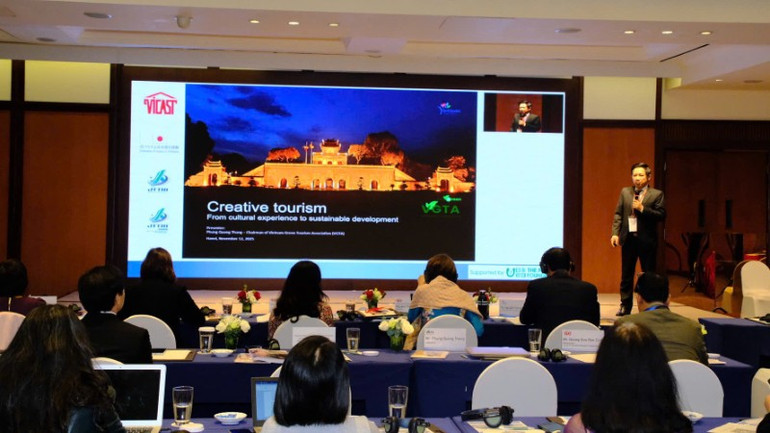
The conference took place in the context of global tourism strongly transforming from sightseeing and consumption tourism to experiential and creative tourism. This trend reflects a profound change in development thinking. At that time, tourists are no longer just observers but become subjects co-creating values with local communities. This is an opportunity for Vietnam to affirm its tourism brand with a strong cultural identity, while contributing to the sustainable development goals that the Vietnamese Government has committed to.
According to Associate Professor, Dr. Nguyen Thi Thu Phuong, the theme of the workshop has practical and current significance, focusing on three important pillars in the orientation of Vietnam's tourism development, including: Changing thinking, from resource exploitation to value creation; preserving and promoting cultural values in a more dynamic and modern way; developing high-value tourism products.
The organizers hope that the discussions, presentations and policy suggestions of the workshop will contribute to opening up practical directions for creative tourism in Vietnam, which is humane, sustainable and imbued with national identity. This is also an opportunity for us to consolidate and expand international cooperation, especially with Japan - a country with valuable experience in connecting culture, community and creativity in tourism development.
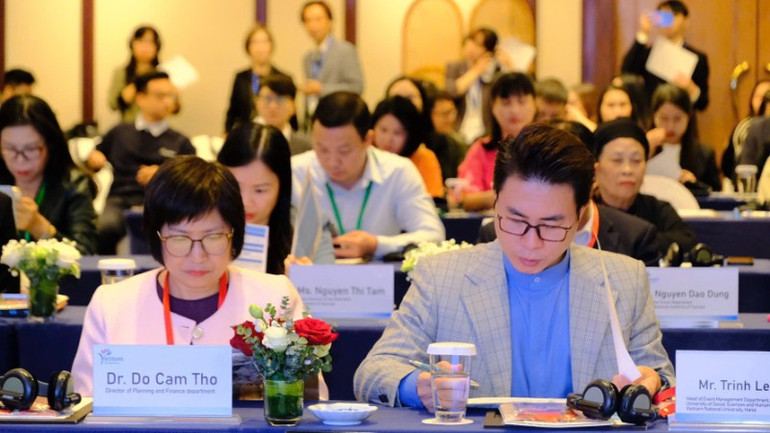
Dr. Nguyen Trung Khanh, Director of the Vietnam National Administration of Tourism, shared at the conference: "In recent years, Japan has always been in the Top 10 largest international tourist markets of Vietnam, and Vietnam is also one of the favorite destinations of Japanese tourists in Southeast Asia. Not only stopping at guest exchange, tourism cooperation between the two countries has also expanded to the fields of research, training, product development, technology application and destination promotion - core factors for the sustainable development of the tourism industry in the new era."
The Director of the Vietnam National Administration of Tourism said that creative tourism is both a trend and a driving force for innovation in the tourism industry, opening up a direction to help destinations create their own identity, helping local people become creative subjects and thereby develop sustainably in terms of economy, culture and environment.
In the context of globalization and the 4.0 industrial revolution, tourism has become a creative economic sector, where culture, art, technology and unique experiences converge to bring new values to tourists. Developing creative tourism helps improve the quality of tourists' experiences, promote the sustainable development of local communities, create job opportunities, preserve traditional culture, and increase the attractiveness of Vietnamese tourism on the world tourism map.
Dr. Nguyen Trung Khanh said that to achieve the goal, it is necessary to focus on the following contents: Encouraging creativity in designing tourism products and services on digital technology platforms; supporting creative tourism businesses and startups; promoting public-private cooperation; enhancing international cooperation; and applying information and communication technology.
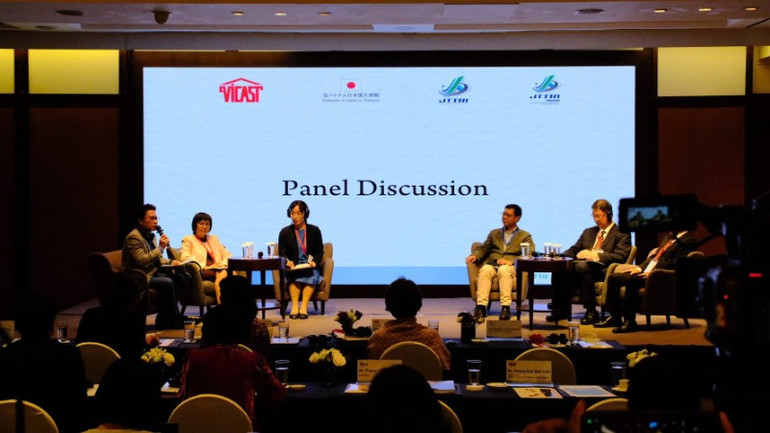
Japan is a typical country of creative tourism and unique cultural experiences, where technology, art, cuisine and cultural heritage are harmoniously combined to create attractive, rich and unique tourism products. With diverse culture, majestic nature and unique traditional values, Vietnam has the opportunity to learn, cooperate and innovate with Japan to improve domestic tourism, while increasing its attractiveness in the international market. At the same time, Vietnam is also willing to share its experience in exploiting biodiversity, cultural and culinary values, as well as green tourism, agricultural tourism and heritage tourism models that are developing strongly in many localities.
The Vietnam National Administration of Tourism pledges to continue accompanying organizations, research institutes and businesses of the two countries in implementing cooperation programs, pilot projects and professional exchange activities on creative and sustainable tourism.
Representatives of the Japan Institute of Transport and Tourism also shared international experiences in combining technology, traditional culture and community education to create attractive destinations that are capable of long-term self-sustainability. Accordingly, sustainability does not come from development limits but from responsible development.
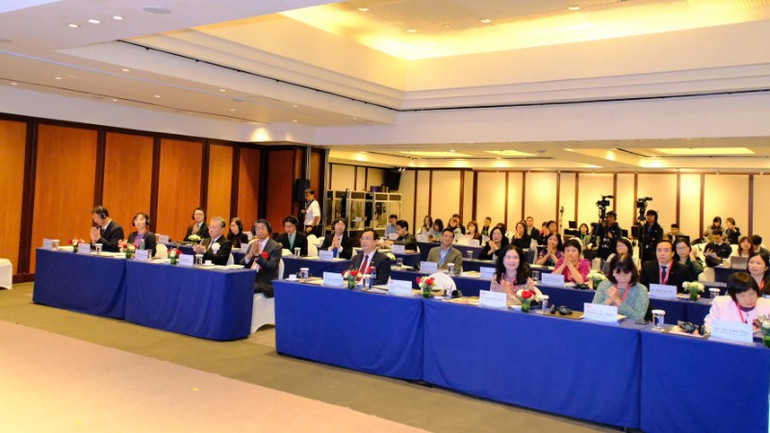
The workshop focused on discussing three major groups of topics. The first was the trend and experience of developing creative tourism associated with sustainable goals. International experts shared about the "Creative Tourism" model that is spreading in many Asian countries, in which Japan, Korea, and Thailand are the leading countries in shifting from mass tourism to experiential tourism, focusing on quality instead of quantity. In Vietnam, many localities, such as Hoi An, Hue, Da Lat, and Ha Giang, have begun to form creative models associated with local culture, but still need appropriate mechanisms, policies, and human resources for further development.
In addition, there is a model of diversifying products and enhancing tourist experiences through creative tourism. The presentations emphasized the role of creative human resources, digital technology and indigenous cultural stories. When tourism is associated with art, cuisine, crafts, music and unique experiences, the destination not only retains visitors but also becomes a vibrant cultural space. Some models of traditional craft tourism in Bat Trang, Sa Pa, or agricultural tourism in Lam Dong, and community creative villages in the Central region are mentioned as typical examples.
The workshop also provided orientations and solutions to promote the development of creative tourism destinations in Vietnam. Researchers proposed strengthening regional connectivity, developing product chains; applying digital transformation, and supporting start-up businesses in the field of culture and tourism. In particular, it is necessary to focus on training a team of "cultural storytellers" - the core force to help tourists understand and be more attached to each destination.
Over the past two decades, Vietnam’s tourism has achieved rapid growth, but still faces many challenges: duplicate products, overexploitation of natural resources, and lack of cultural depth. Therefore, the shift from mass tourism to creative tourism is a vital requirement to protect resources and enhance national competitiveness.
Creative tourism focuses on the active participation of tourists - who want to experience, learn, try and create with the local community. It could be taking a pottery class, indigo dyeing, making conical hats, cooking ethnic dishes, or simply living like a local for a few days. Then the tourist experience becomes authentic, and the community benefits directly, creating motivation to preserve traditional culture.
The Vietnamese Government has clearly identified this orientation in the Vietnam Tourism Development Strategy to 2030, with a vision to 2045, considering sustainable and creative tourism development as a central task, associated with the goal of building Vietnam into a leading attractive destination in Asia.
According to experts, the signing of cooperation with Japan demonstrates a long-term vision, from research to practice and policy, creating a closed chain to help creative models truly come to life. An important point emphasized by the workshop is the responsibility of the subjects in developing creative tourism. In addition to creating new and creative products, it is also associated with an attitude of respect for local culture, nature and people.
Experts recommend: For creative tourism to become a driving force for sustainable development, there needs to be cooperation among the following factors: State, businesses, community and tourists to form a sustainable, creative tourism ecosystem.
Source: https://nhandan.vn/hop-tac-viet-nam-va-nhat-ban-thuc-day-du-lich-sang-tao-phat-trien-post922444.html


![[Photo] Prime Minister Pham Minh Chinh attends a conference to review one year of deploying forces to participate in protecting security and order at the grassroots level.](https://vphoto.vietnam.vn/thumb/1200x675/vietnam/resource/IMAGE/2025/11/12/1762957553775_dsc-2379-jpg.webp)


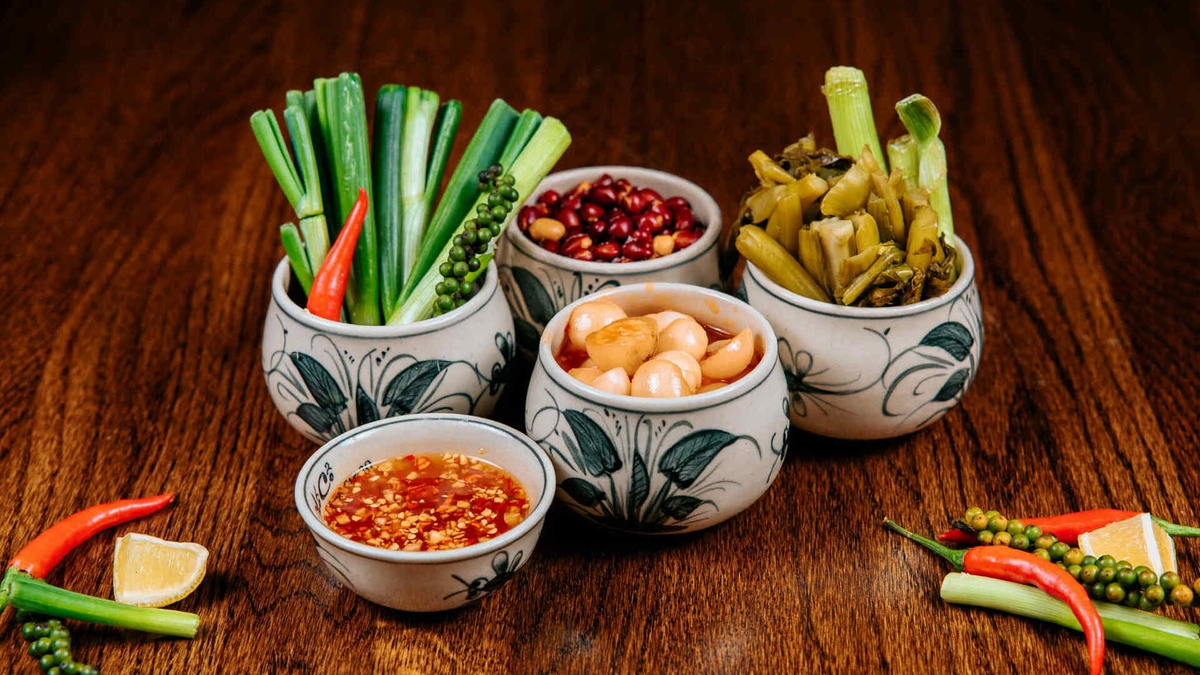
![[Photo] Highways passing through Dong Nai](https://vphoto.vietnam.vn/thumb/1200x675/vietnam/resource/IMAGE/2025/11/12/1762940149627_ndo_br_1-resize-5756-jpg.webp)



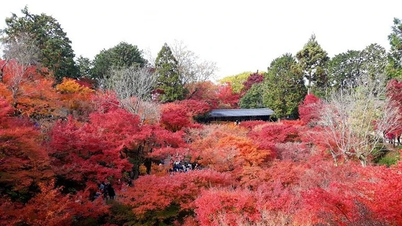
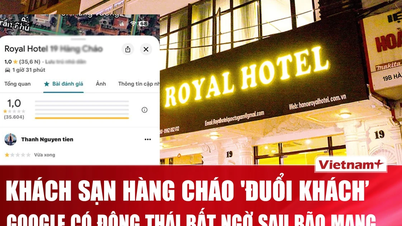

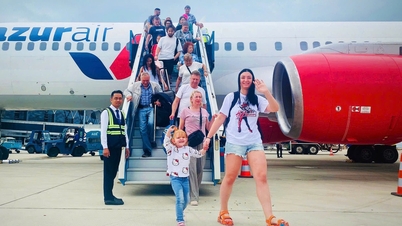

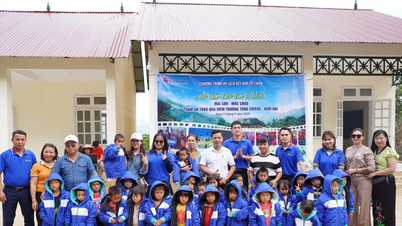
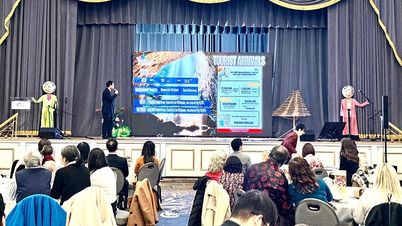





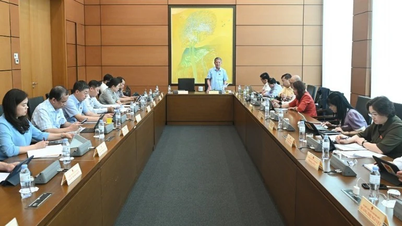

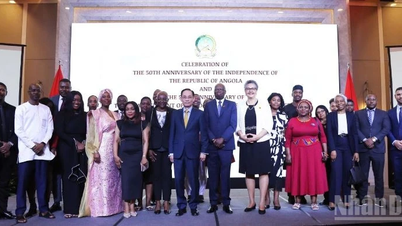

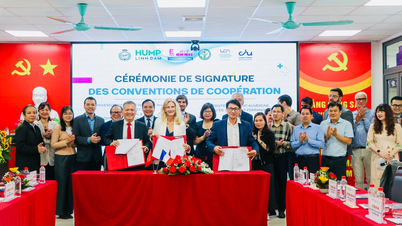











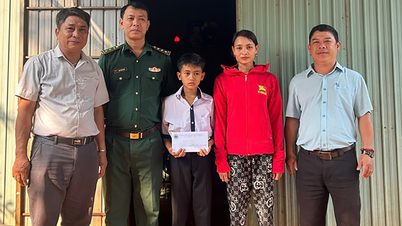
































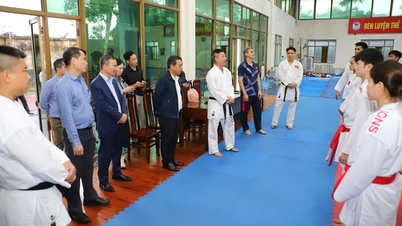

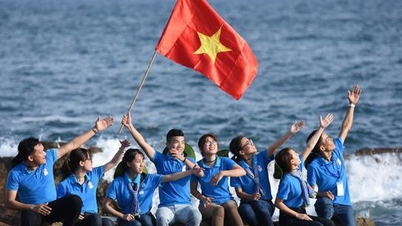


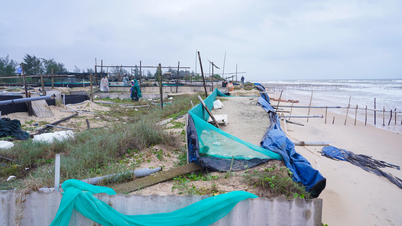

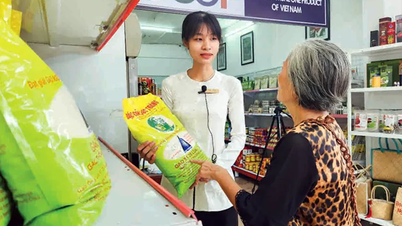
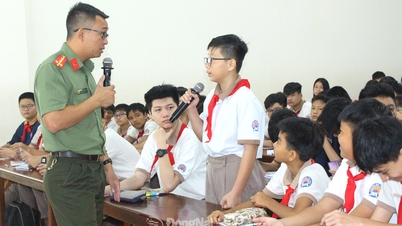

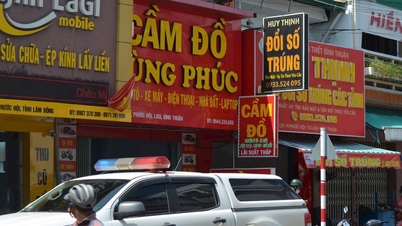


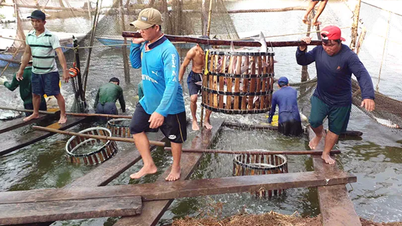







![Dong Nai OCOP transition: [Article 3] Linking tourism with OCOP product consumption](https://vphoto.vietnam.vn/thumb/402x226/vietnam/resource/IMAGE/2025/11/10/1762739199309_1324-2740-7_n-162543_981.jpeg)



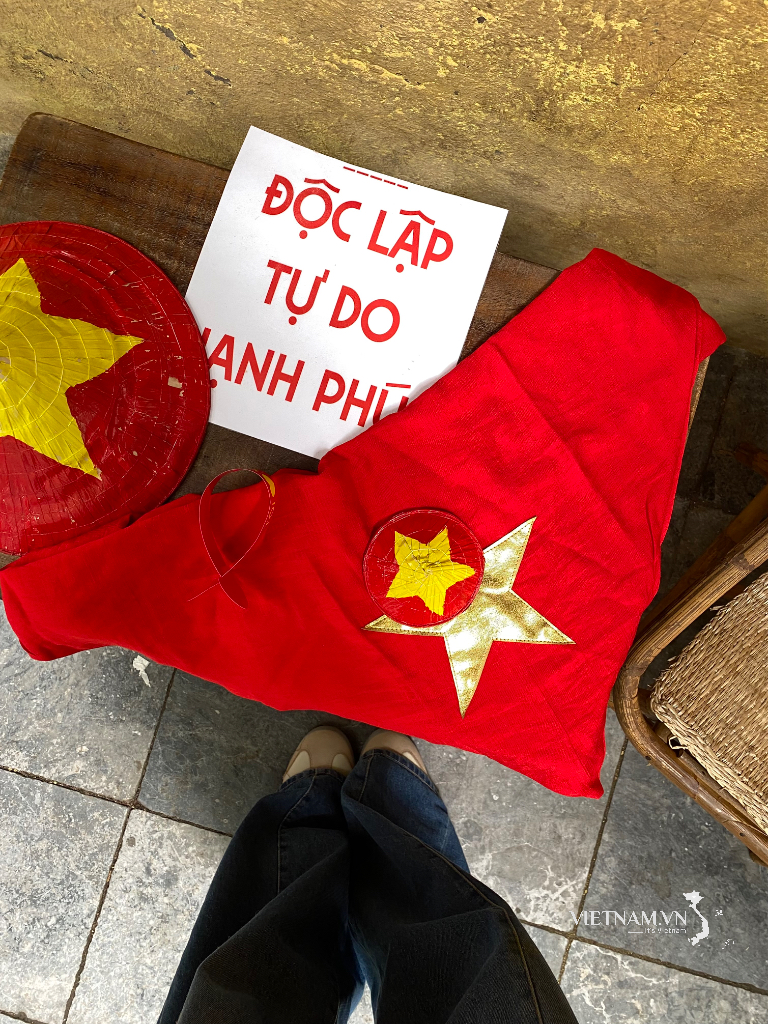


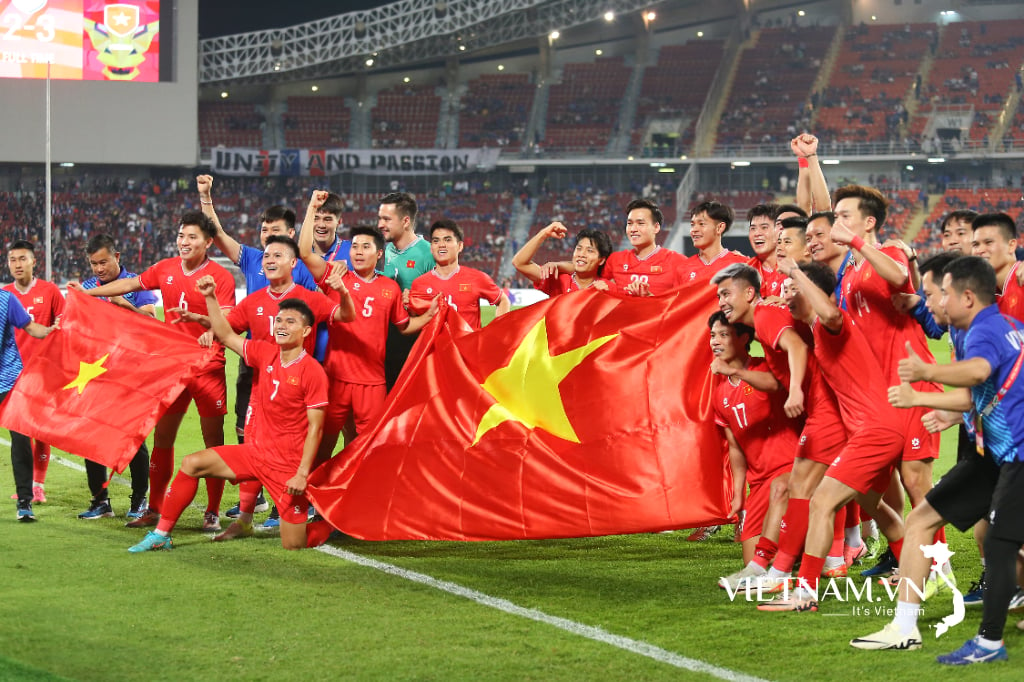
Comment (0)